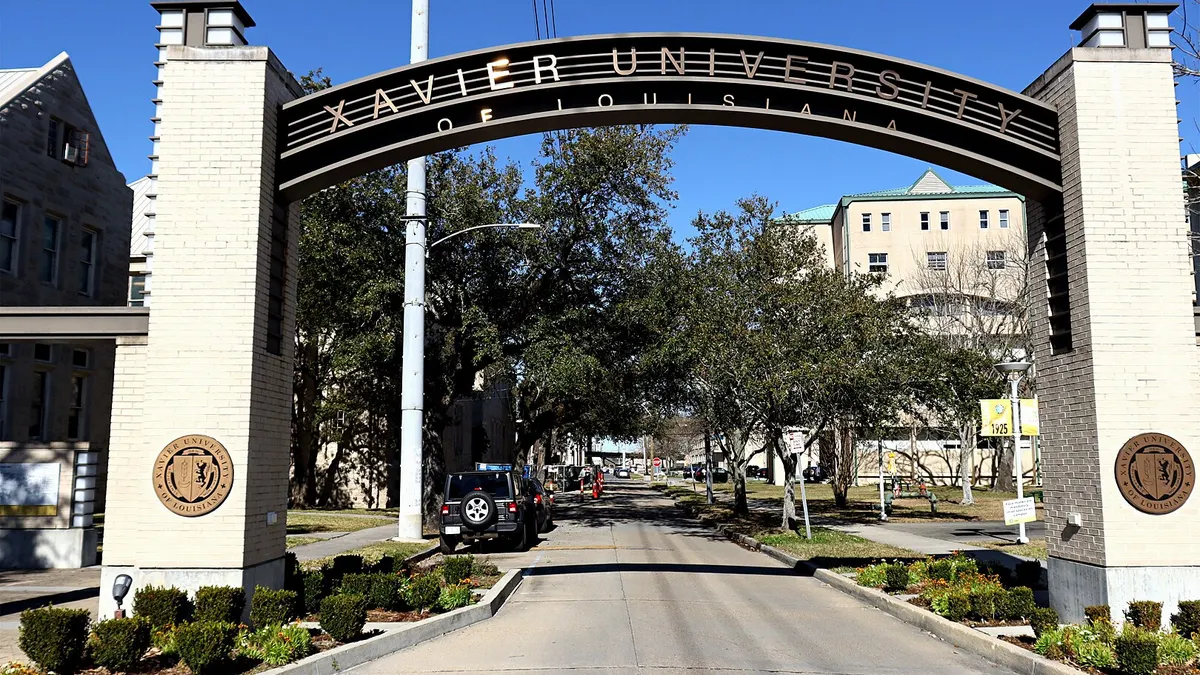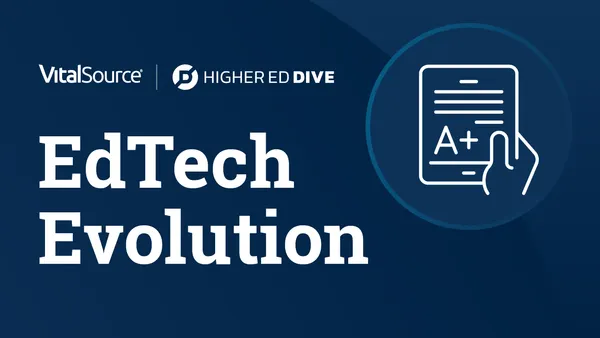Dive Brief:
- While MOOCs were expected to transform higher education by offering free, high-quality courses to anyone with an internet connection, degrees are what get people jobs, Kevin Carey argues in an excerpt from his new book for the New York Times.
- When free online education is tied to meaningful credentials, however, Carey said it could truly shake up the higher education landscape.
- He expects innovations like Mozilla’s “badge,” an electronic credential that includes links to proof of a student’s skills and mastery, will tempt students away from expensive degree programs and help them land jobs more efficiently.
Dive Insight:
Carey’s book, "The End of College: Creating the Future of Learning and the University of Everywhere," acknowledges that online credentials have been around as long as online learning has, but the innovation happening now comes with providing the linked background about how a student earned a credential that demonstrates content mastery.
Mozilla offers badges that virtually anyone can convey, whether an individual claims to have gained skills from school, work, or volunteering. The badges follow the individual, can be displayed on social media and personal portfolio sites, and contain search engine optimization elements so employers looking for specific skills can find relevant badge holders and see proof their skills are real. Carey argues the cost of higher education has been able to rise so steadily because there hasn’t been real competition for making students especially marketable to employers. Now, that all might change.









